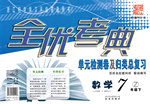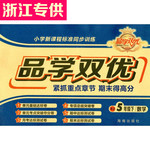题目内容
书面表达
假设你是李华。你班同学决定为小明举办生日聚会。请你写信邀请外教Susan参加,要点包括:1、时间:周五晚8点至9点
2、地点:学生俱乐部
3、内容:生日歌、蛋糕、游戏等
4、要求:备小礼物
注意:1、词数100左右,开头语已为你写好;
2、可以适当增加细节,以使行文连贯;
3、答案必须写在答题卡相应的位置上。
练习册系列答案
 全优考典单元检测卷及归类总复习系列答案
全优考典单元检测卷及归类总复习系列答案 品学双优卷系列答案
品学双优卷系列答案 小学期末冲刺100分系列答案
小学期末冲刺100分系列答案
相关题目
题目内容
书面表达
假设你是李华。你班同学决定为小明举办生日聚会。请你写信邀请外教Susan参加,要点包括:1、时间:周五晚8点至9点
2、地点:学生俱乐部
3、内容:生日歌、蛋糕、游戏等
4、要求:备小礼物
注意:1、词数100左右,开头语已为你写好;
2、可以适当增加细节,以使行文连贯;
3、答案必须写在答题卡相应的位置上。
 全优考典单元检测卷及归类总复习系列答案
全优考典单元检测卷及归类总复习系列答案 品学双优卷系列答案
品学双优卷系列答案 小学期末冲刺100分系列答案
小学期末冲刺100分系列答案